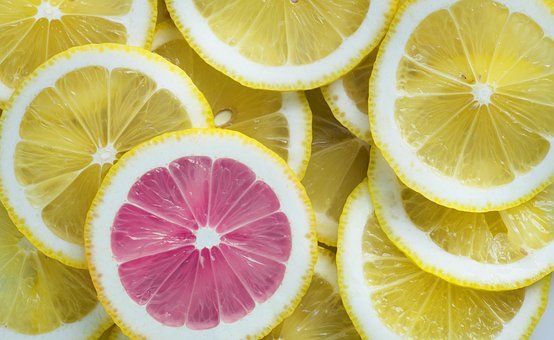Kidney stones often develop when the pH of urine is out of balance. As urine gets more concentrated with minerals or acids, crystals can take shape. Over time, these crystals begin to stick together, eventually forming stones. A number of things can be done to prevent their development, most of which involve lifestyle changes. Incorporating more citric acid appears to be one of them. Magnesium, on the other hand, isn’t as effective. Talk to your doctor before taking citric acid or magnesium for kidney stones.
CITRIC ACID
Citric acid, particularly in its natural form, appears to have a couple benefits when it comes to kidney stones. Most importantly, this organic acid tends to alkalinize the urine, explains Kristina Penniston, a registered dietitian writing for the Department of Clinical Nutrition Services at the University of Wisconsin-Madison. This can help to maintain the pH of your urine, thereby preventing the formation of stones. Citric acid also coats small kidney stones, inhibiting further growth.

source
MAGNESIUM
Unlike citric acid, magnesium isn’t as much help. A study published in the June 201pi5 “Magnesium Research,” the journal of the International Society for the Development of Research on Magnesium, found that supplementing the diet with magnesium does nothing to prevent stones. No difference was seen in the recurrence of kidney stones between magnesium groups and those taking placebo. Even when taken in higher doses, such as 1,300 milligrams, magnesium failed to inhibit the formation of stones.
MAGNESIUM CITRATE
Magnesium citrate — the magnesium salt of citric acid — may, however, hold some therapeutic properties. According to the University of Maryland Medical Center, 200 to 400 milligrams of magnesium citrate each day could improve symptoms of kidney stones. Symptoms often include nausea, vomiting, urinary difficulties and pain along the side, back, abdomen or groin. While magnesium citrate is derived from citric acid, evidence does not suggest that this supplement does anything to prevent or break down these hardened deposits. Talk to your doctor before taking this or any other supplement to treat kidney stones.
RECOMMENDATION
Rather than relying solely on citric acid or magnesium citrate to improve kidney stones and their associated symptoms, make an appointment with your doctor. Smaller kidney stones may only require an increase in fluid intake to help flush out the urinary system, whereas larger stones may need more intensive treatments, such as shock waves to break up the deposits or a surgical procedure to manually remove the stones.